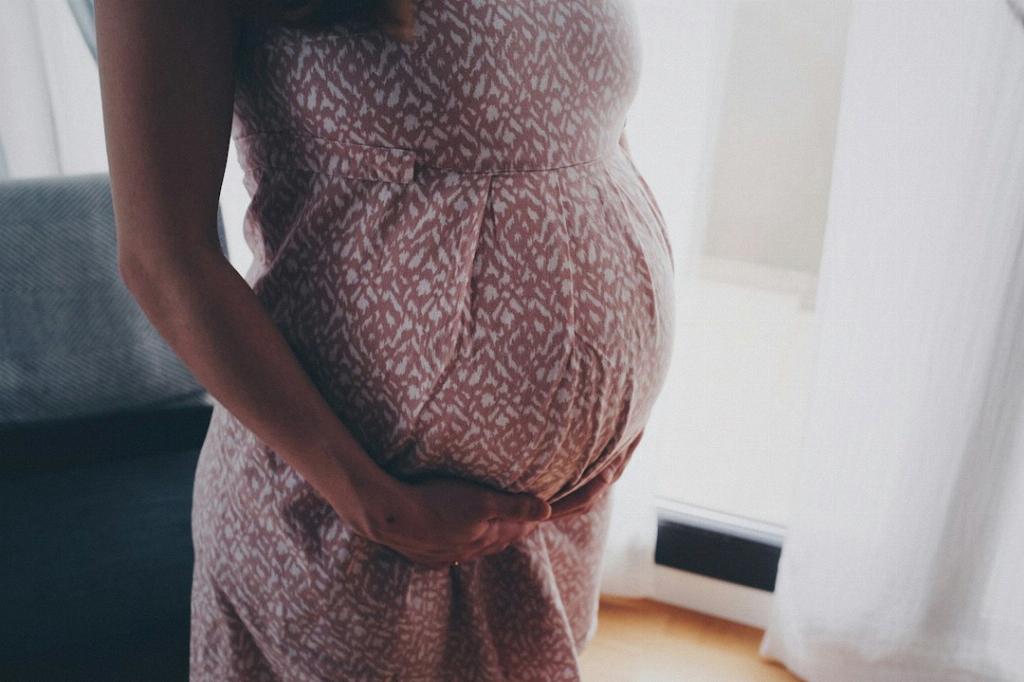Diarrhea in early pregnancy is not uncommon and can be attributed to a variety of factors. While most pregnant women experience constipation due to hormonal changes, diarrhea can also occur as a result of these hormonal fluctuations.
Hormonal Changes and Diarrhea
During early pregnancy, the body undergoes significant hormonal changes to support the developing fetus. These hormonal shifts can impact the digestive system, leading to loose stools and diarrhea in some women. Progesterone, a hormone that rises during pregnancy, can relax the muscles in the digestive tract, resulting in diarrhea.
Bowel Infections and Diarrhea
In addition to hormonal changes, pregnant women are also susceptible to bowel infections that can cause diarrhea. These infections can be acquired through contaminated food or water, and the body’s immune response to these infections can manifest as diarrhea.
Underlying Bowel Disorders and Diarrhea
Women who have pre-existing bowel disorders, such as irritable bowel syndrome (IBS) or inflammatory bowel disease (IBD), may be more prone to experiencing diarrhea during early pregnancy. The stress of pregnancy on the body can exacerbate these conditions, leading to gastrointestinal symptoms like diarrhea.
Dehydration Risks
One of the primary concerns with diarrhea in early pregnancy is the risk of dehydration. Diarrhea can cause fluid and electrolyte imbalances in the body, which can be particularly concerning for pregnant women. It is essential to stay hydrated by drinking plenty of water and electrolyte-rich beverages if experiencing diarrhea during pregnancy.
When to Seek Medical Advice
If diarrhea persists for more than 48 hours or is accompanied by other symptoms such as fever, abdominal pain, or blood in the stool, it is crucial to contact a healthcare provider. These symptoms may indicate a more serious underlying condition that requires medical attention.
Home Remedies for Diarrhea
For mild cases of diarrhea in early pregnancy, there are several home remedies that can help alleviate symptoms. Consuming bland foods, staying hydrated, and getting plenty of rest are essential steps to take when experiencing diarrhea during pregnancy.
Dietary Considerations
It is also important to pay attention to your diet during pregnancy, especially when dealing with gastrointestinal issues like diarrhea. Avoiding spicy, greasy, or irritating foods can help prevent further irritation of the digestive tract and may lessen the severity of diarrhea symptoms.
Importance of Prenatal Care
Regular prenatal check-ups are essential for monitoring both the health of the mother and the developing baby. If you are experiencing persistent diarrhea or other concerning gastrointestinal symptoms during pregnancy, be sure to discuss these issues with your healthcare provider during your prenatal appointments.
Support and Advice
It is essential for pregnant women experiencing diarrhea to seek support and advice from healthcare professionals, as well as from other moms who may have gone through similar experiences. Sharing concerns and seeking guidance can help alleviate anxiety and ensure the best possible care for both mother and baby.
Final Thoughts
While diarrhea in early pregnancy can be uncomfortable and concerning, it is often a temporary and manageable condition. By understanding the potential causes of diarrhea, staying hydrated, and seeking medical advice when necessary, pregnant women can navigate this common issue with confidence and care.
Conclusion
In conclusion, diarrhea in early pregnancy is not uncommon and can be influenced by hormonal changes, bowel infections, and underlying bowel disorders. It is essential to monitor symptoms, stay hydrated, and seek medical advice if needed to ensure the health and well-being of both the mother and the developing baby.

